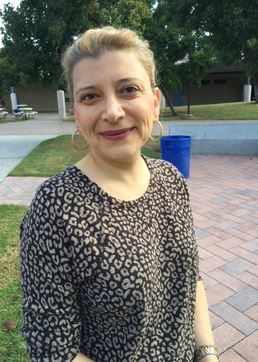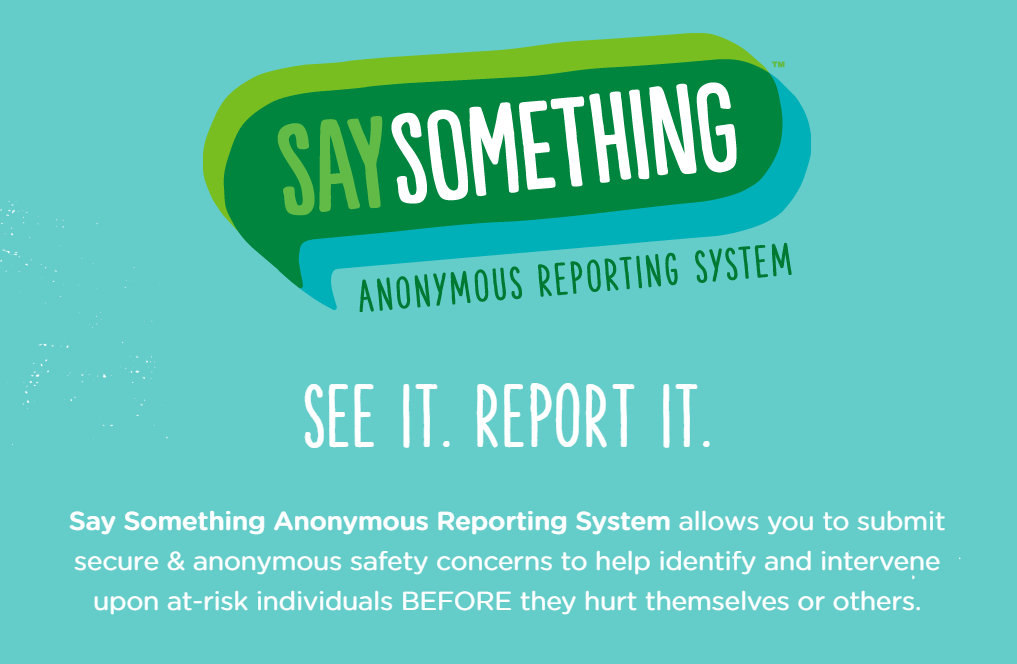Mental Health/Wellness Services and Resources:
The District provides school-based mental health/ wellness services and resources (www.iusd.org/WeCare or www.iusd.org/department/mental-health-wellness) to students and families. These services include short-term individual or group counseling for students at the school site; short-term, solution-focused therapy for students and families through the Irvine Family Resource Center; and resource linkages to community-based mental health or social services for students and families. Services are provided by counselors or licensed mental health professionals.
Stress, Sleep, & Balance
How you can practice self-care
When life gets stressful and overwhelming, it's important to give your mind and body the breaks that they need! Here are some tips to incorporate self-care into your busy routine.
- Identify what activities help you feel your best. Self-care for one person will mean something completely different for someone else. One person may need more alone time, for example, while another may nurture herself by spending more time out with friends.
- Put it on your calendar - in ink! Take a close look at your calendar and carve out one or two hours for self-care and stick to it. This may take extra prep, but it's worth it.
- Sneak in self-care where you can. If you don't have huge chunks of time, you can still fit in little moments of relaxation. Don't wait to add self-care to your life until your schedule frees up (you might be waiting a while to forever). Try taking just five minutes to close your eyes and take some deep breaths, or go for a quick 10-minute walk. These small steps can make a big difference.
- Take care of yourself physically. This means getting enough sleep, eating nutritious foods, and exercising. When you take care of yourself physically, you will reap the benefits academically, emotionally, psychologically and interpersonally.
- Know when to say no. Your health and well-being come first. If you're feeling stretched thin, prioritize your commitments and cut out what isn't fulfilling and truly important to you.
- Check in with yourself regularly. Ask yourself these critical questions: "Am I working too much?" "Do I feel tapped out?" "What do I need to take away?" "What would I like to add?"
- Surround yourself with great people. Make sure that the people in your life are upbeat, positive, and know how to enjoy life!
- Consider the quality of self-care. Go for quality, especially when quantity is lacking. For instance, rather than getting sucked into channel surfing for hours, watch only shows you've recorded that you truly enjoy.
- Remember that self-care is non-negotiable. In order to live a healthy and rewarding life, self-care is a necessity. With this mindset, prioritizing self-care can become very natural and easy to do.
(Reference: http://psychcentral.com/lib/how-clinicians-practice-self-care-9-tips-for-readers/)
Helpful resources:
High school students and sleep
What happens when students aren't getting the sleep they need? Lack of consistent, appropriate sleep leads to increased academic stress, hindered concentration and learning, and disturbances to your students' mood and ability to cope.
What can parents do?
- Have a lights-out policy
- Take away computers, video games, cell phones, etc.
- Help your child establish a regular sleep & wake cycle (Students need 8 to 9 hours of sleep each night)
- Have students keep a regular study cycle (no late night cramming sessions)
- Eliminate caffeine 3 to 5 hours before bed (soda, tea, coffee)
How can parents help their students succeed at UHS? E.M.P.O.W.E.R. them!
Establish expectations
Monitor how they spend their time
Promote balance and core values
Offer support
Widen horizons
Encourage exploration
Resist the urge to "clip their wings" (reinforce responsibility & independence)
Bullying/Cyber-Bullying
If we don't know, we can't help!
All students have the right to feel safe on our campus. If you witness bullying or are being bullied, please share this with a staff member on campus (teacher, counselor, administrator, etc).
Helpful Resources
District information on Bullying & Cyber-bullying
Teens Against Bullying
What is cyber-bullying?
www.stopbullying.gov
Crisis Resources
What can you do if you have a concern about your student or another student?
Call your UHS Counselor! Find your school counselor contact information here.
We also have a Wellness Coordinator available to support students. We cannot help if we are not aware!
Wellness Coordinator
Nilou Tohidian, LMFT
949.936.8520
niloutohidian@iusd.org
Our Wellness Coordinator provides mental health support to students at UHS. Mrs. Tohidian is available to assist with crisis counseling, risk assessment & resource linkage for families.
24/7 Crisis hotlines:
1-800-273-TALK
1-877-7-Crisis
Helpful resources:
IUSD Community Counseling Resources (Psychologists, private therapists, counseling centers, shelters, rehab programs, etc.)
How to Help Your Child After a Traumatic Event
Project Success
Project Success is offered on all middle and high school campuses in IUSD. The program provides small group counseling and individual check in's.
The goals of the program are to:
Increase resiliency and asset development among students
Support students in their choices toward a healthy and safe lifestyle
Encourage connection to the school
Address typical teen wellness concerns including stress management, social skills, goal setting, conflict resolution, healthy relationships/dating, and dealing with loss and/or major life transitions.
These activities are designed to improve students' self-esteem, healthy behaviors, attendance, organizational and social skills.
Stop by the counseling office if you are interested in joining this program. Parent permission is required to participate.

